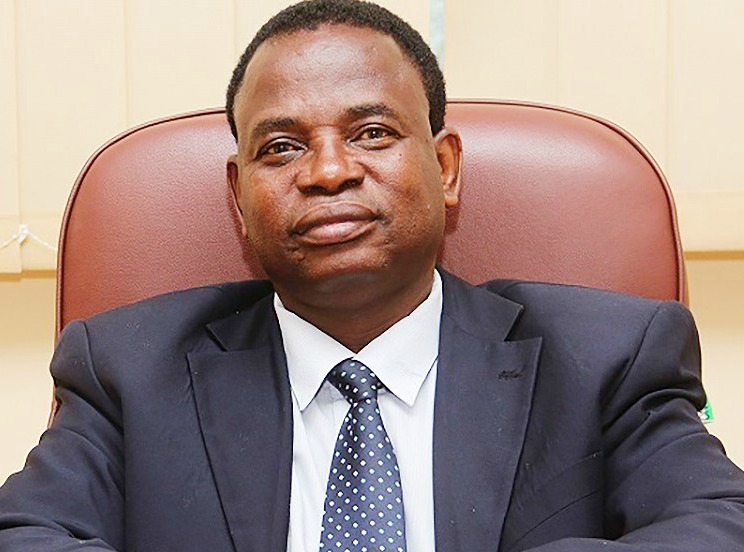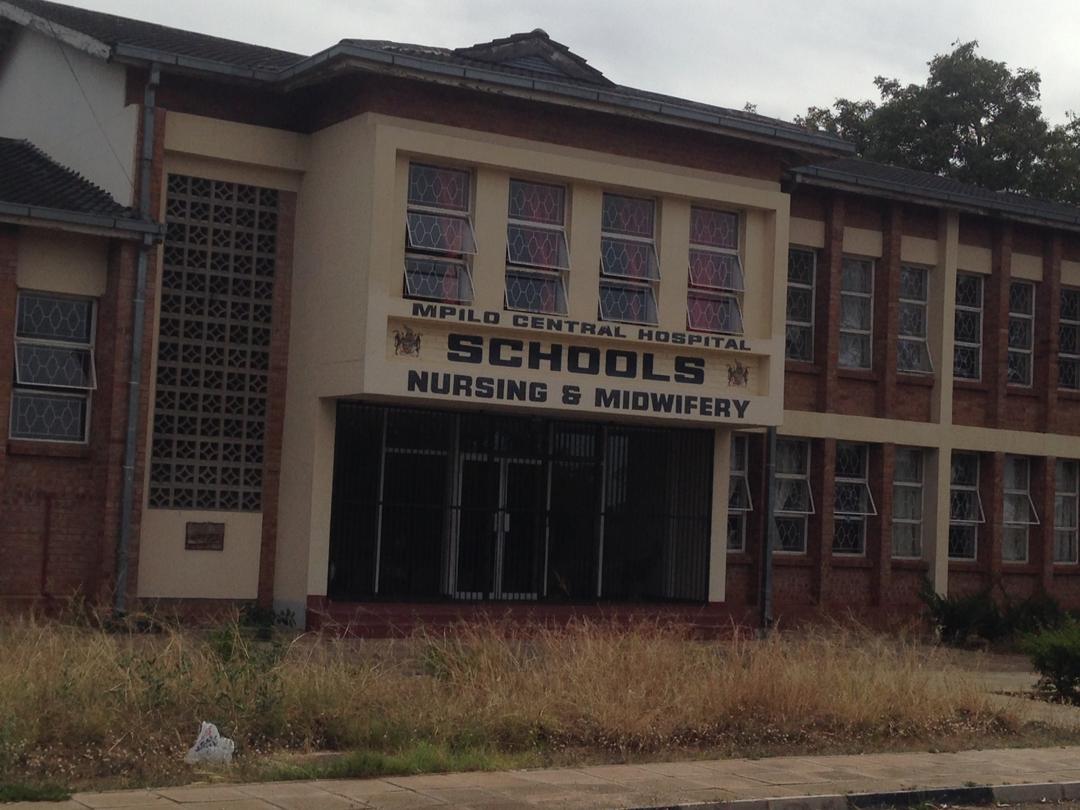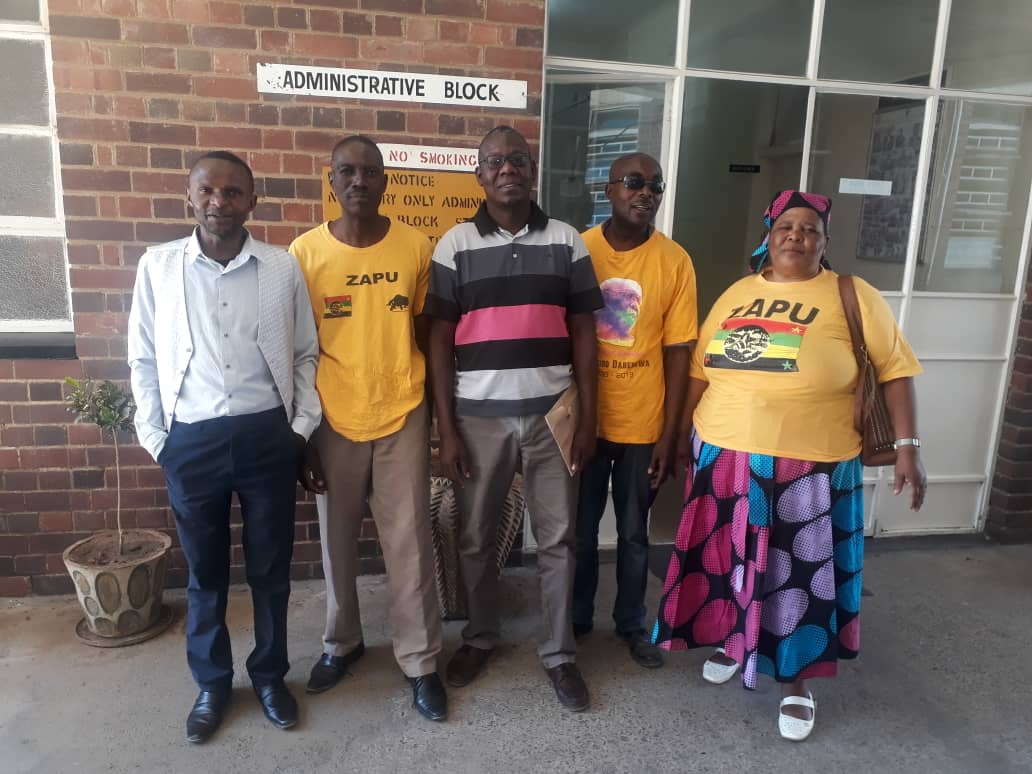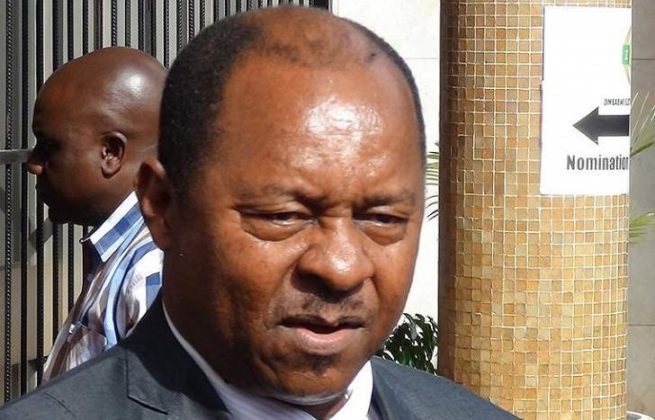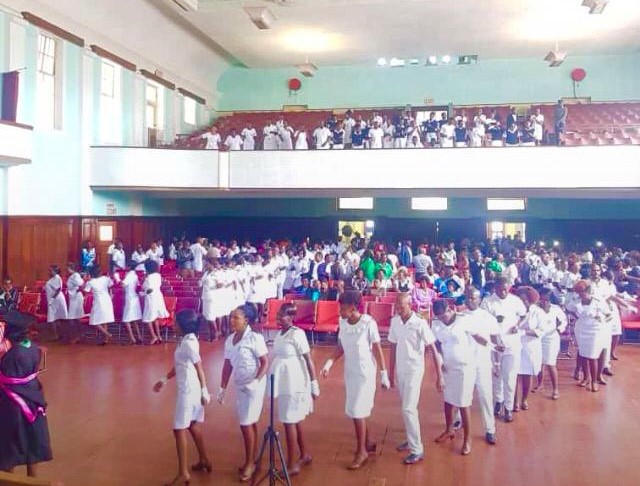Bulawayo City Council (BCC) has embarked on mass recruitment of nurses to boost staffing levels at its clinics following an exodus of skilled health personnel. In an advert, the local authority revealed that it was seeking 50 general nurses with two more years of experience. The main responsibilities include assessing and making management plans of […]

